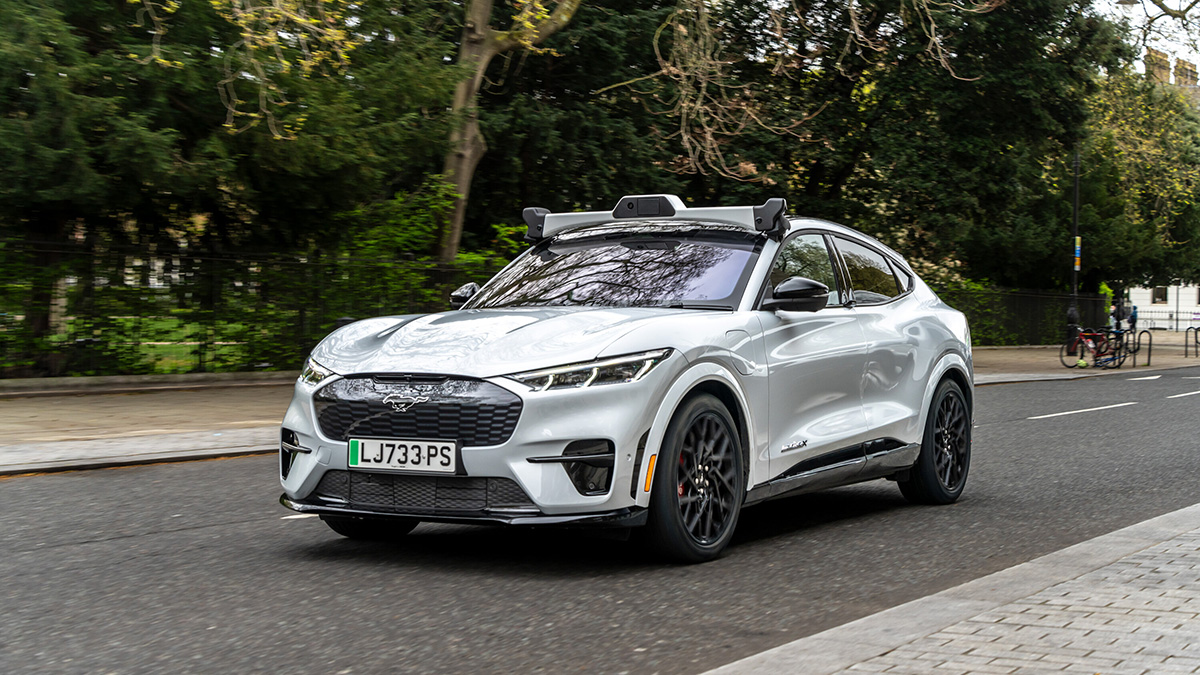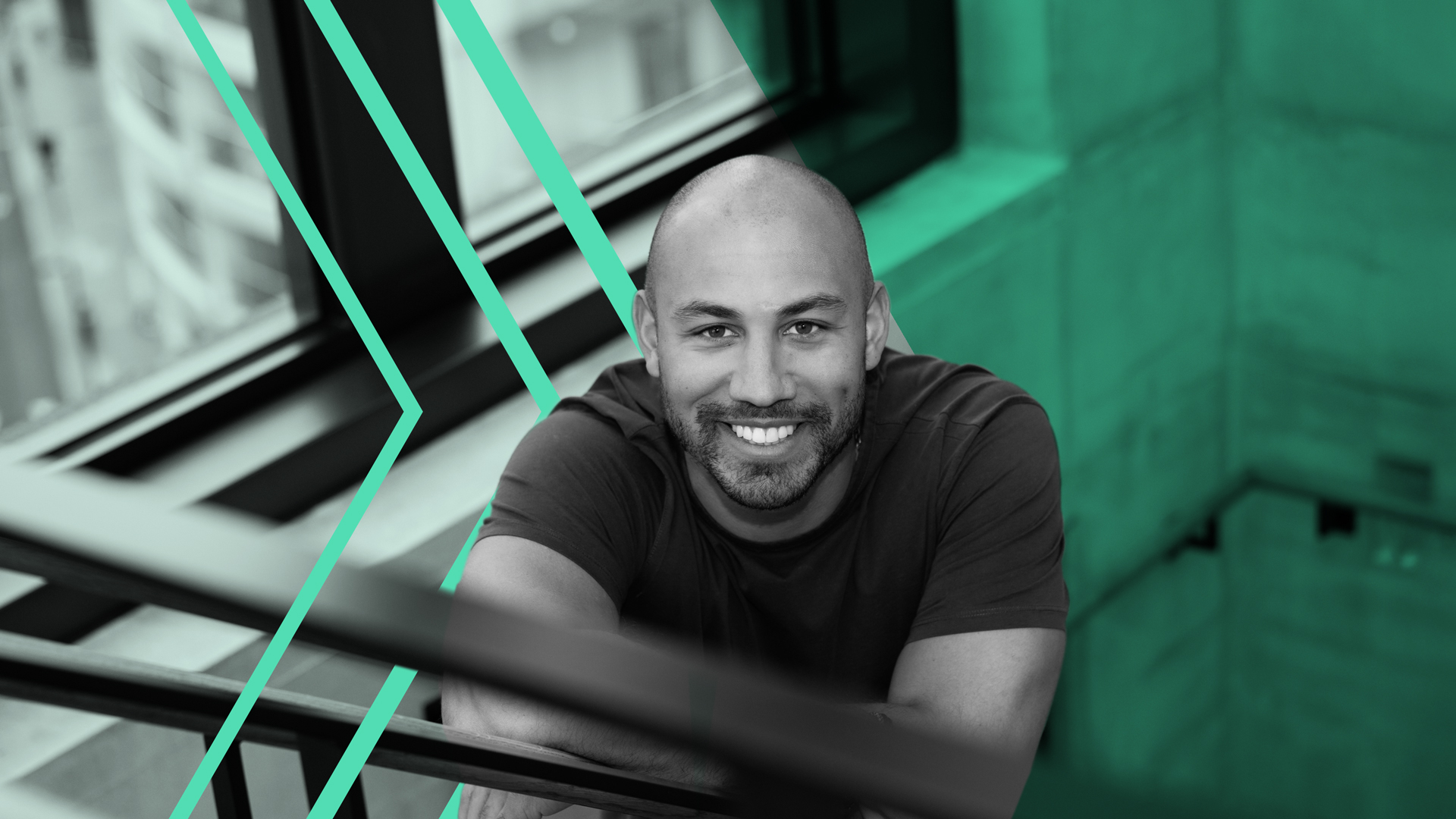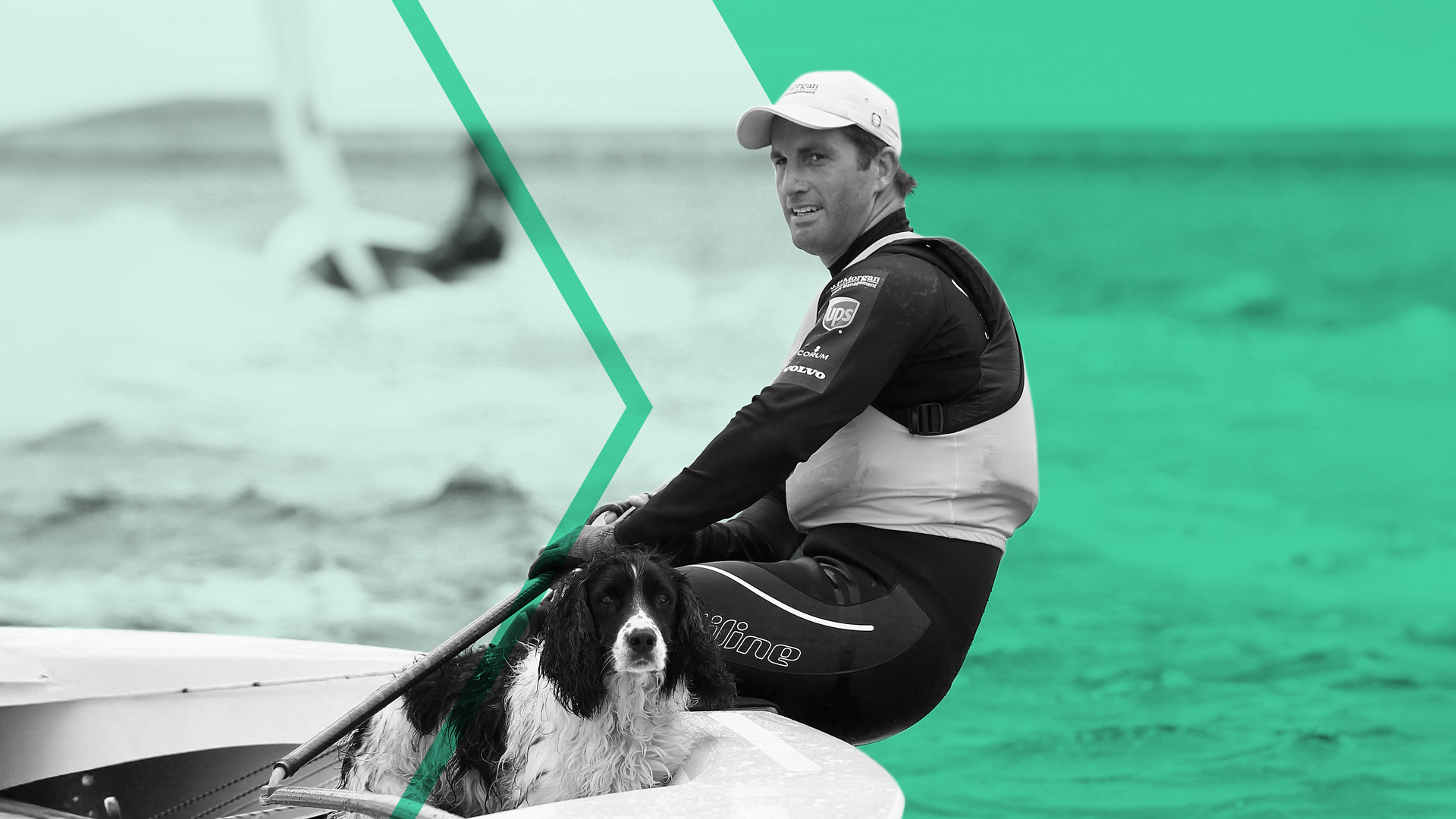When Alex Kendall co-founded Wayve in 2017, he was fresh out of a PhD at Cambridge and was convinced that the self-driving industry had taken a wrong turn. “At the time, we’d seen billion-dollar investment rounds in a classical robotics approach to self-driving,” he recalls. “Vehicles were told how to drive, where to go, through high-definition maps and they were largely coded with rules for how they should behave.”
For Kendall, that top-down design could never scale to the chaotic reality of real roads.
Wayve’s counter-thesis is something Kendall calls AV2.0: a single neural network that learns to drive end-to-end from data rather than being programmed. “We construct a single, large neural network that learns to drive,” he explains. “It learns things from data that are more complex than humans can hand-engineer.”
His aim is to create a driver that can “generalise to new scenarios”, from London drizzle to Tokyo bustle, using affordable sensors like “cameras, radar, a single GPU,” not six-figure sensor rigs.
That approach, once contrarian, has since become a magnet for capital. Wayve has raised more than $1bn, including a $1.05bn Series C in May 2024 led by SoftBank, with Microsoft and NVIDIA also investing.
The company calls its technology embodied AI, foundation models that “see, think and drive.” Kendall told investors at the time: “This investment will enable us to develop and launch our first embodied AI products for the automotive industry, empowering OEMs to provide consumers with trustworthy and beneficial automated driving experiences.”
Wayve trains and tests its AI in London, one of the world’s hardest cities to drive. “If you can learn to drive in London, you can drive in many places around the world,” Kendall says. “A lot of the cities are built with medieval origins. It’s far from the grid-like streets and wide boulevards you see in the United States.” The complexity, he adds, has been “a great forcing function to build something that scales.”

That philosophy has powered real-world pilots, including autonomous grocery deliveries with Asda in West London and new testing with Nissan in Tokyo. Wayve’s goal isn’t to build robotaxis from scratch, but to supply automakers with plug-in intelligence that can upgrade from driver-assist to full autonomy over time.
Kendall’s leadership mantra is to mix ambition with humility. “You’ve got to have a clear belief around where you’re going,” he says, “but empower the team to go and build towards that. Better ideas are going to come up along the way.”
Internally, every full-time employee owns equity, “something Silicon Valley does a really good job at,” he notes, to align incentives for the long run.
Still, even the most elegant model faces reality’s rough edges. “What I call out is the long tail of edge cases, the things that you’re never going to see the same twice,” he says. “How do you build a system that can generalise to a new scenario?”
It’s the defining challenge of autonomy, and Kendall is blunt about its difficulty: “If you want an interesting problem to work on, it’s the place you want to be.”
Wayve’s story is also one of patience. From its early days, in a residential house in Cambridge where “the small bedroom was our server, and the large bedroom was our boardroom,” Kendall has resisted the hype cycle.
“We’ve never had to focus on short-term demos to please investors,” he says. Instead, the company’s raised capital “when we’re in a position of strength” and built long-term partnerships with giants like Microsoft that “have really fast-forwarded what we’ve done”.
As the AI arms race accelerates, Wayve stands out for betting not on pre-programmed perfection but on learning at scale. The cars may not know every corner case yet but they’re getting better with every mile.
Related and recommended

Sponsored content: As generative AI use surges, organisations must manage copyright and data risks through clear policies, licensing and responsible content use

Artificial intelligence can reconfigure and connect existing knowledge, but it can’t create something new on its own - that’s for people

Oliver Kent-Braham, one of the twins behind the fintech unicorn Marshmallow, applied his early success in tennis to building one of the UK’s fastest-growing companies

From Premier League glory to blockbuster boxing, these companies have all posted knockout growth over the past three years

